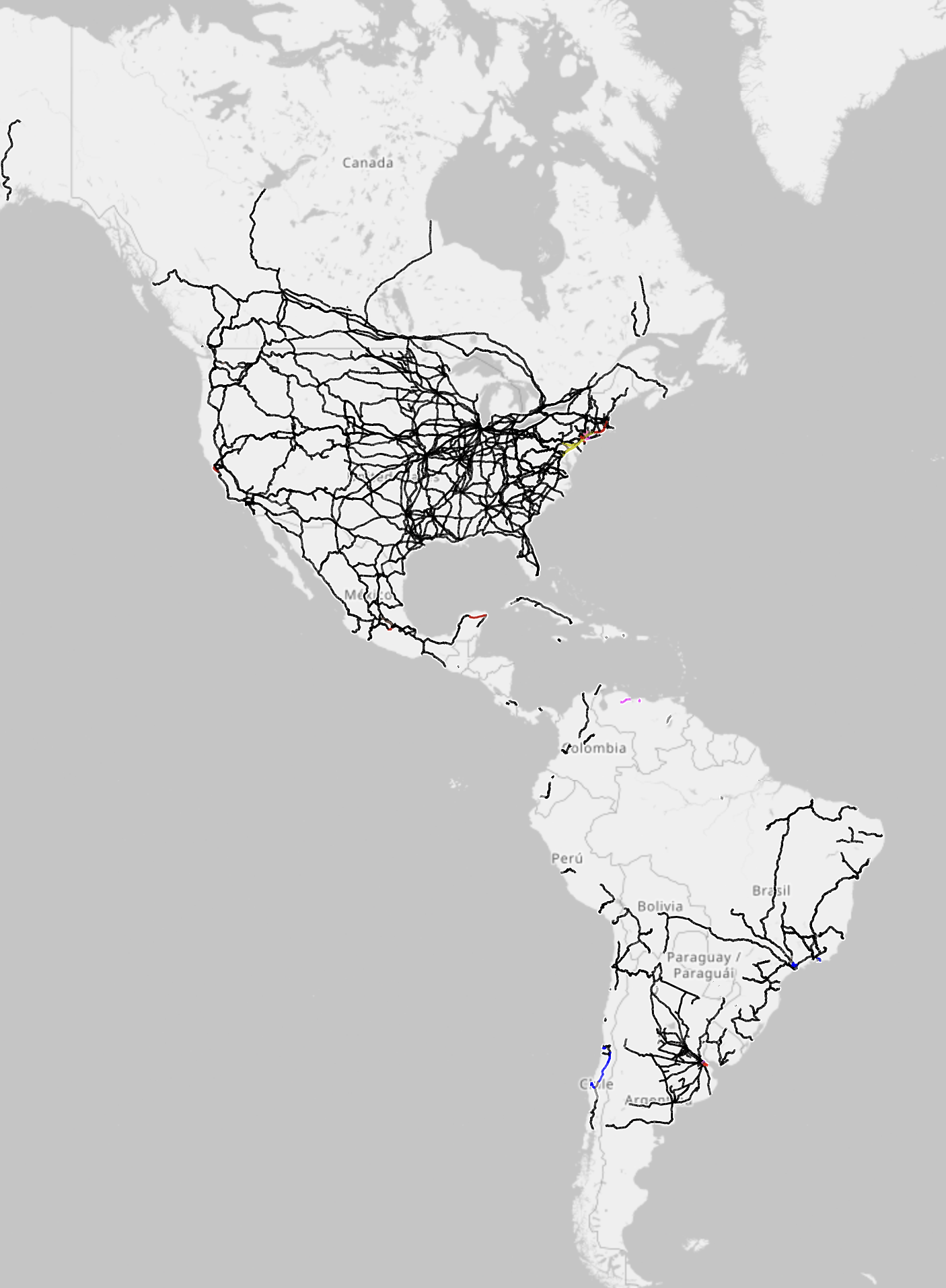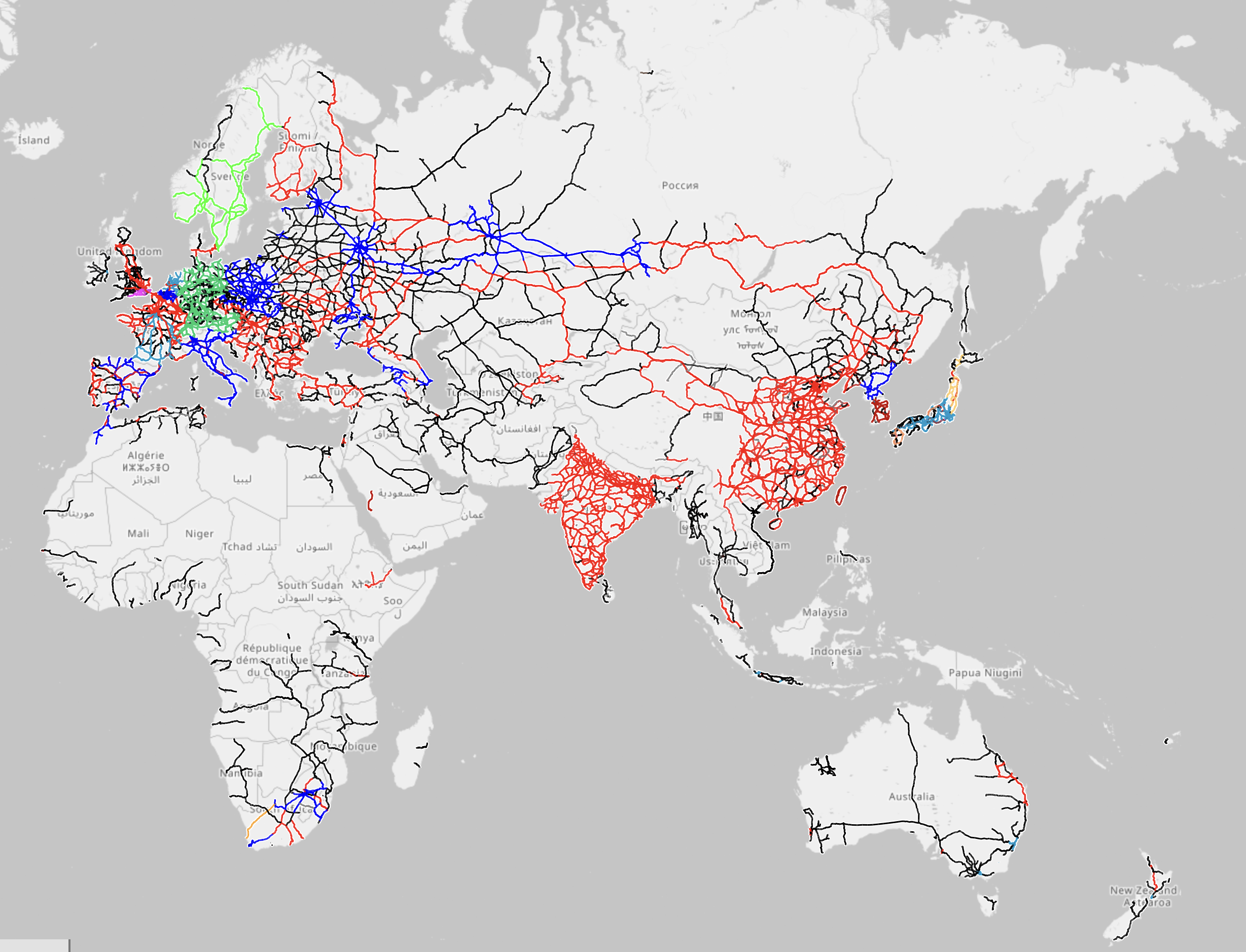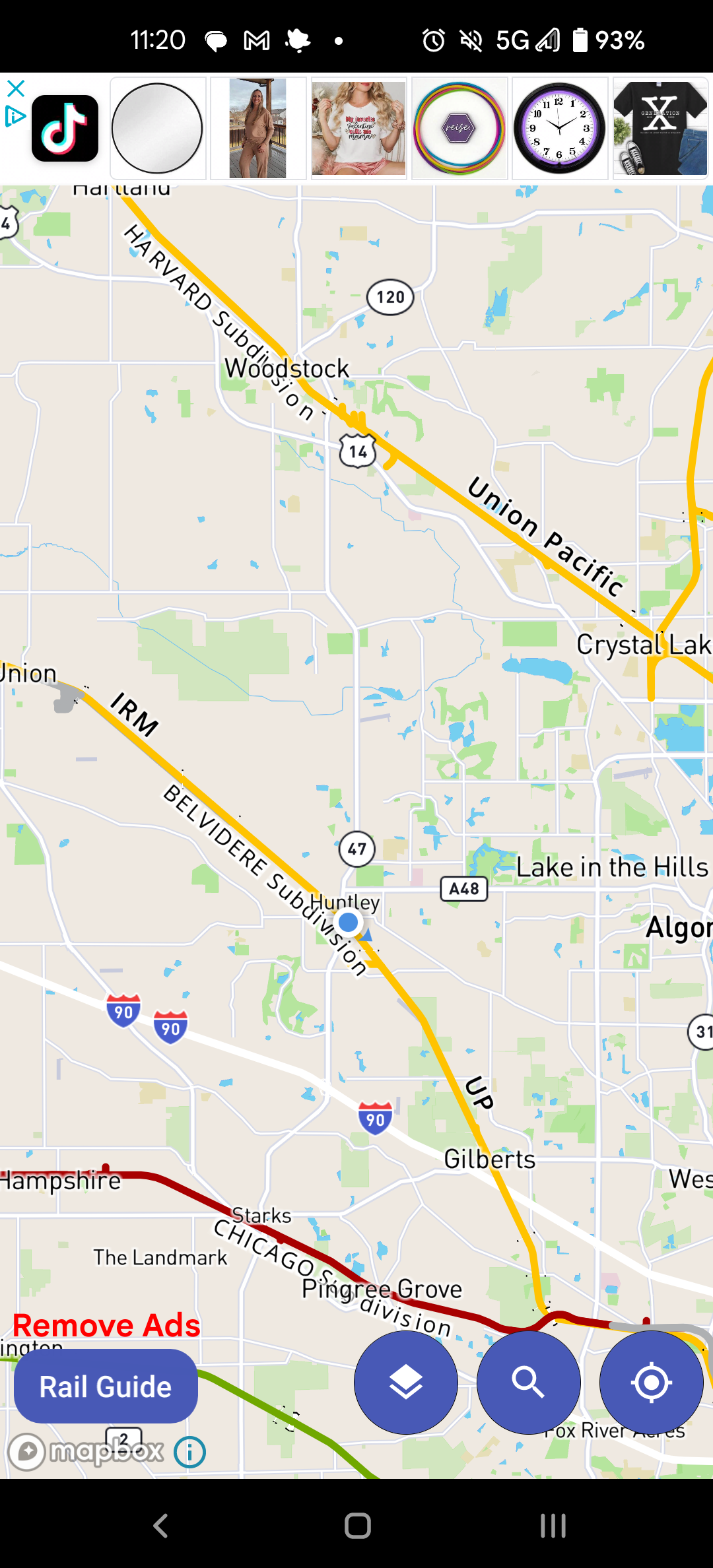Although US coal consumption has fallen dramatically since 2005, the country still consumes millions of tons a year, and exports tons more—much of it transported by train. Now, new research shows that these trains can affect the health of people living near where they pass.
The study found that residents living near railroad tracks likely have higher premature mortality rates due to air pollutants released during the passage of uncovered coal trains. The analysis of the San Francisco Bay Area cities of Oakland, Richmond, and Berkeley shows that increases in air pollutants such as small particulate matter (PM 2.5) are also associated with increases in asthma-related episodes and hospital admissions.
"This has never been studied in the world. There's been a couple studies trying to measure just the air pollution, usually in rural areas, but this was the first to both measure air pollution and trains in an urban setting," said Bart Ostro, author of the study and an epidemiologist at the University of California, Davis.
Persistent coal pollution
Trains carry nearly 70 percent of coal shipments in the United States, leaving a trail of pollution in their wake. And coal exports will have a similar impact during transit. Ostro explained that when uncovered coal trains travel, the coal particles disperse around the railroad tracks. Levels of PM 2.5 "[spread] almost a mile away," he added.
As a result, the mere passage of coal trains could affect the health of surrounding communities. Ostro was particularly concerned about how these pollutants could harm vulnerable populations living near the coal export terminal in Richmond. Previous census data had already shown that those in Richmond who live around the rail line have mortality rates 10 to 50 percent higher than the county average. Communities in Oakland could be at risk, too, since discussions are underway to build a new coal export terminal in the region.
But before researchers could study the health effects of these air pollutants, they first had to understand how much was spread by passing trains. This was a challenge in itself because coal trains aren't scheduled like regular passenger trains.
To ensure that researchers could measure all trains and pollutants, Ostro and his team developed a monitoring system with three main components: a weather station to provide meteorological parameters, an air quality sensor to track air pollution levels, and an AI-trained camera to recognize coal trains. The trained cameras were critical to the entire project, identifying different types of trains: full coal trains, empty coal trains, freight trains, and passenger trains.
With the system in place, Ostro's team measured pollution levels and was able to attribute them directly to coal trains. Their results, published last year, showed that coal trains and terminal operations added a significant amount of PM 2.5 pollution to urban areas, more than other freight or passenger trains. Passing coal trains added an average of eight μg/m3 to ambient pollution. This is two to three micrograms more than freight trains contribute. Even empty coal cars contribute to increased pollution levels due to traces of coal dust.
Particulate problems
This year, in a follow-up study, researchers combined these findings with US Census data and health studies to understand how this increase might affect local communities. They estimated that more than 260,000 people would be exposed to some increase in annual PM 2.5, and that such exposure was associated with significant mortality and morbidity.
Health effects were quantified for three different scenarios based on different wind conditions. In the worst-case scenario, where there’s an increase of about two μg/m3 near the railway line, modeling suggests that premature mortality would increase by 1.3 percent. Hospital admissions for conditions such as chronic lung disease, pneumonia, and cardiovascular disease would also increase by 4.7 percent, 6.2 percent, and 2.2 percent, respectively. Although these are relatively small numbers in a small population, Ostro points out that they could be extrapolated to larger populations in other countries.
"The way I see it, this is a microcosm of what could be happening globally," he added. While coal use—and the transportation of that coal—is declining in the US and the European Union, the same isn't happening everywhere. In countries like China and India, for example, coal use is increasing, and populations living near the railroads that transport that coal could be at risk.
"These findings have major implications beyond San Francisco and the US," said Michel Abramson from Monash University in Australia, who wasn't involved in the study. The researcher thinks Ostro's assessment "fills an important gap" by looking at the health effects of transporting coal in uncovered rail cars but doesn't think there are any solutions to mitigate the problem other than stopping the use of coal.
"Covering the coal cars might not solve the problem, because it could increase the risk of fires," he added. "Ultimately the world needs to phase out the mining, transport, and combustion of coal, not only to reduce the risks of climate change, but also to improve the health of the population."










